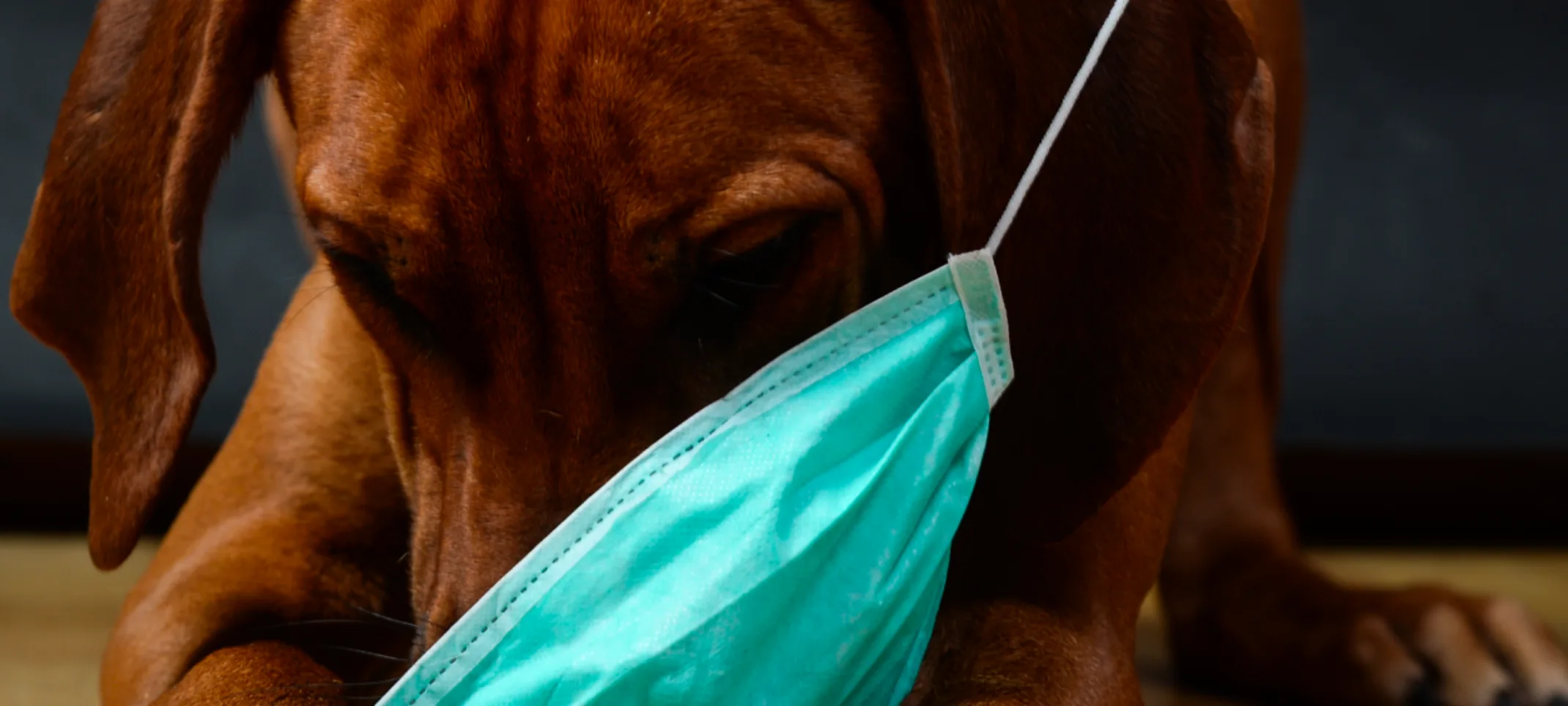I-20 Animal Medical Center
Parvo Virus Alert

Every dog owner should be familiar with this deadly virus. Parvo is both common and life-threatening in unvaccinated or partially vaccinated dogs. Understanding both the symptoms and cause of this disease will help prevent infection and save lives.
Just What Is Parvo?
Parvovirus infection is a highly contagious intestinal infection of dogs. The virus attacks the bone marrow and the cells that line the intestinal tract causing diarrhea, vomiting and septic shock. Dogs of any age can be infected, but the incidence is highest in puppies between 6 weeks and 5 months of age.
What Are the Symptoms of Parvo?
Vomiting
Diarrhea (usually profuse, watery and bloody)
No appetite
Lethargy, sometimes profound
If you see these symptoms in your dog or puppy, get emergency care immediately! These symptoms are severe, life threatening symptoms, and regardless of the cause of these symptoms your pet should be treated as an emergency.
How is Parvo Diagnosed?
A test can be performed by a veterinarian to determine if your dog is infected with parvovirus.
How Did My Dog Get Parvo?
Transmission occurs by the fecal-oral route such as direct contact with virus contaminated feces or through a vector such as houseflies landing on feces and then on the dog’s face and eyes. Symptoms of parvovirus usually occur approximately 5 days after exposure but this can vary. Don’t think that because your dog doesn’t go out of the yard or is not exposed to other dogs that it is protected. Parvovirus is very hardy and can survive in the environment for months (12 or more).
Why Is Parvo Life Threatening?
Clinical signs include lack of appetite, depression, fever, vomiting and severe profuse watery bloody diarrhea that leads to vast fluid losses and rapid dehydration. Secondary bacterial infections, intestinal parasites or other disease can make these symptoms worse. These symptoms, regardless of the cause, require intensive care to avoid death. Viral infections have no cure, treatment is symptomatic. Death may occur in severe cases due to dehydration, electrolyte imbalances or shock from toxins produced by bacteria.
What is the Treatment for Parvo?
The cornerstone of treatment is correcting dehydration. Intensive IV fluid therapy corrects the electrolyte imbalances and severe dehydration that occur from the diarrhea and vomiting. Giving water or oral fluids when the patient is vomiting is useless . There is no specific drug that kills Parvovirus directly, although we have had success with Tamiflu, an antiviral drug used in people to treat Influenza Virus. Antibiotics are given to control secondary bacterial infection (Antibiotics do not kill viruses). Control of nausea and diarrhea is essential. Damaged intestinal tract lining requires that medications are given by injection. Plasma transfusions are may be indicated to replace proteins lost from diarrhea, especially in small and young puppies that have fewer reserves to combat the infection.
At I-20 Animal Medical Center our success rate is higher because we are staffed 24 hours a day. Patients receive IV fluids and treatments. Constant attention, monitoring and adjustment in treatment protocols, round the clock, can make all the difference in a critical patient. Hospitalization and intensive 24 hours a day is the optimum recommendation for successful treatment of parvovirus. For those who can’t choose that option, you should consider daily out-patient treatments consisting of fluids, antibiotics and medications to treat vomiting and diarrhea.
How Do I Prevent Parvo Infection?
Vaccination is key to the prevention of Parvovirus! Vaccinate your new puppy as soon as possible. Puppies receive a series of vaccinations to make sure they are fully protected. Your veterinarian will go over the proper vaccination schedule to help make sure your puppy is properly vaccinated and protected. We often see puppies that have received only one or two parvo vaccinations, and get parvovirus because they were not fully protected. Be sure your adult dog gets booster vaccinations.
In our experience, dogs of Rottweiler, Doberman, Dalmation, Chihuahua and Pit Bull lines seem to be more susceptible to parvovirus. They get the disease more easily, and the symptoms are often more severe in these breeds.
